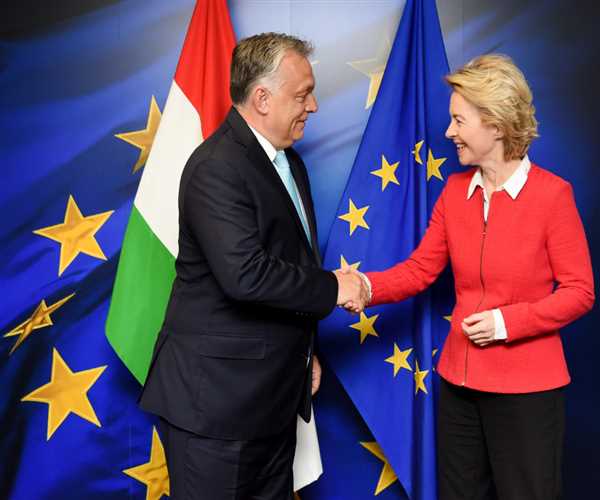Hungary became a Christian kingdom in the 11th century and was part of the Austrian Empire for centuries. In 1867, Austria-Hungary was formed and it lasted until the end of World War I. At that time, Hungary lost two-thirds of its territory and nearly half of its population.
Hungarians were not happy with the Treaty of Trianon, which recognized these territorial losses, and they hoped to regain their land through revision. This hope was dashed when Hungary was occupied by Nazi Germany during World War II.
After the war, Hungary became a Communist state within the Soviet bloc. In 1956, there was a short-lived uprising against the Communist government, but it was crushed by Soviet tanks. Hungary began to move away from the Soviet Union in the 1980s, and it became a member of the European Union in 2004.

It is no secret that Hungary has had a rocky relationship with the European Union. For a while, it seemed like Hungary was on the verge of leaving the EU altogether. However, in recent years, Hungary's relationship with the EU has changed dramatically.
Hungary has always been a reluctant member of the European Union. In the early years of the EU, Hungary was one of the most vocal opponents of European integration. Hungary claimed that the EU was a plot to destroy Hungary's sovereignty. Hungary even went so far as to file a lawsuit against the European Union in 2004.
However, in recent years, Hungary's attitude towards the European Union has changed dramatically. Hungary is now one of the most ardent supporters of European integration. Hungary has even been dubbed the 'newest member of the European Union. 'In recent years, Hungary has been an outspoken critic of the EU, and its Prime Minister, Viktor Orbán, has called for an 'illiberal democracy' in Hungary. This has led to tensions between Hungary and the rest of the EU, and it remains to be seen how these tensions will be resolved in the future.
The change in Hungary's attitude towards the European Union is largely due to the fact that Hungary has benefited greatly from membership in the EU. Hungary has received billions of euros in EU funding. Hungary has also been able to trade freely with other EU countries. In addition, Hungary has been able to take advantage of the EU's open borders policy.
Hungary's change in attitude towards the European Union has also been driven by the fact that the Hungarian people have increasingly come to see the benefits of membership in the EU. A recent poll showed that a majority of Hungarians now believe that membership in the EU is good for Hungary.
It is clear that Hungary's relationship with the European Union has changed dramatically over time. Hungary is now a strong supporter of European integration. This change is likely to continue in the years to come.